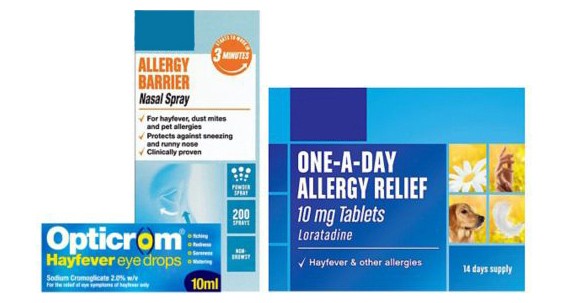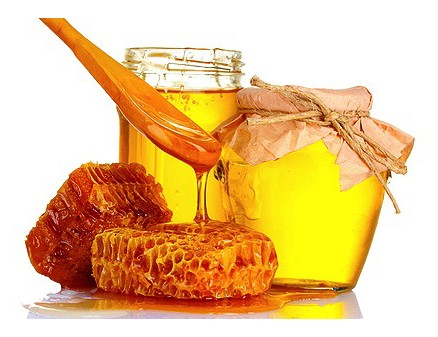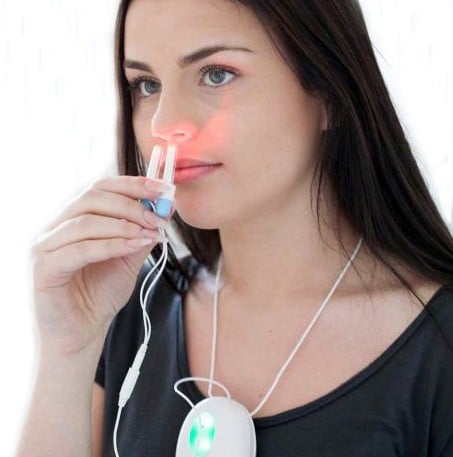Reduce Symptoms of Hay Fever Allergy Season

What causes Hay fever? Centre for Sight explores various effective treatments one can use to reduce those annoying symptoms.
While spring and summer months are quite literally a ray of sunshine for most of us, for hay fever sufferers, the warmer weather, blooming flowers and all those wonders can lead to itchy eyes, constant sneezing and general discomfort which in turn can make contact lens wear impossible.
For those of you who suffer from hay fever, the bad news is there is no definitive cure, nor is there one on the horizon.
However, there are a number of proven ways to reduce the symptoms. For most sufferers, trial and error over a number of years has led them to find the most effective way to treat the condition.
Let’s look at exactly what causes hay fever and explore some of the more effective measures you can try to reduce those symptoms.
Understanding more about Hay fever
As you’ll no doubt know, hay fever is an allergic reaction to pollen, the microscopic grains released by certain species of grass, weeds and trees that contain the male reproductive cell of the plant.
When in contact with pollen, the immune system of a hay fever sufferer thinks it is under attack and releases a barrage of chemicals in an attempt to protect you from what it thinks is a life-threatening infection.
It is actually these chemicals that are released by the body that cause the classic symptoms sufferers’ experience. That includes watery eyes, a sore throat and a runny nose.
Some suffer from more severe symptoms such as headaches, earaches, pain around the sinuses and even tiredness and fatigue.
How can you protect yourself?
There are a number of different measures you can take to reduce the symptoms of hay fever. For many sufferers, a combination of these different techniques will work, while for others, simply over-the-counter medicines will do the trick.
1. Over-the-counter and prescription medicines
There are a number of low-cost treatments available such as oral tablets, nasal sprays and eye drops.
The key ingredient is antihistamine, which works to block the chemicals released by the body when it thinks it’s under attack from an allergen.

2. Wear wraparound sunglasses
One way to keep your eyes protected from the evil effects of pollen is to wear wraparound sunglasses, which leave none of the eye area exposed to pollen in the air. While this should keep your eyes from itching, it will not offer any protection against other symptoms like a runny nose or a painful sore throat.
3. Eat local honey
One popular measure (for obvious reasons) is to eat honey from a local producer.
Although not scientifically proven, the theory is that local honey, contaminated by local pollen, will gradually desensitise your body to the pollen. As a result, it will not react in such an aggressive way.

4. Use a phototherapy probe
It might sound like something that’d be used after an alien abduction, but a phototherapy probe is actually a simple gadget available from mainstream pharmacies that helps to suppress the cells that release histamine.
The probe shines intense red light up the nose to get the blood flowing quickly, reducing histamine production and calming inflammation.
This has been proven to work and some hay fever sufferers swear by it.

5. Immunotherapy
If over-the-counter medicine are not doing the trick, the next step could be to talk to your doctor about immunotherapy. Patients are given tablets containing grass pollen that they place under the tongue.
Over time, like the honey, this exposure to pollen desensitises the sufferer and eventually the symptoms diminish. This has proved extremely effective with symptoms disappearing within a season. For long-term relief, the treatment will need to be maintained for up to three years.
6. An eye bath
If your eyes are really itchy and you’re struggling to get relief, an eye bath, containing an eye wash solution from a pharmacist, will rinse out the pollen and soothe the itching.
7. Indoor air filters
The bad news is that pesky pollen does not only affect you outside, but inside as well. Open windows and doors allow the pollen to be carried indoors by the wind.
An indoor air filter can provide you with some much-needed respite by trapping pollen particles so they no longer float around the room.

What about Contact lens wear?
As hay fever causes itching and sometimes swelling of the mucous lining of the eye, contact lens wear can be very difficult and actually quite risky posing an increased risk of infection which can be sight threatening.
A good alternative to consider is vision correction surgery prior to or immediately after hay fever season has ended. Options include LASIK Laser vision or Implantable contact lenses (ICL).
Wish to obtain expert advice about treating your hay fever or considering vision correction – contact us to Book a Consultation.
Author Information
Authored by Sheraz Daya MD FACP FACS FRCS(Ed) FRCOphth, Consultant Ophthalmic Surgeon & Medical Director, June 2019.
Next review due June 2020.
